Is your ferret sick or simply has a bad day?
How can you tell the signs of a sick ferret?
Ferrets are energetic furballs, that often hide their symptoms of a disease until it is too late. That is why it is very important to know how to tell if a ferret is sick. Today, I want to share with you some of the most common ferret symptoms that can tell you that your ferret is feeling under the weather. Those symptoms are pretty general. That means they can mean different diseases so if you notice them, make sure you take your ferret to the vet so you can hear the diagnose from an expert.
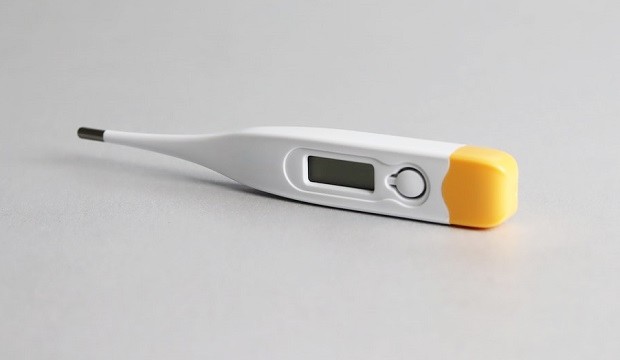
TABLE OF CONTENTS
How Do I Know If My Ferret Is Sick?
The best way to tell if your ferret is not good is by simple observation. That shouldn’t be hard since ferrets are animals that love attention so you will be able to monitor every ferret you have at home. Every ferret has a routine. That means when he goes to sleep or to eat, when he wants to play and where he wants to do it. If you notice that one of your ferrets doesn’t stick to his routine, make sure to keep your eye on him more than usual. While monitoring him, pay attention to these actions:
Lethargy & Sleepiness
The first symptom you can immediately recognize is sleepiness or lethargy. Ferrets sleep a lot, but once they are awake, they will explore every inch of your home. They will run, play, jump and hide in different places. Every healthy ferret should act like that at least a couple of hours a day, if not more. If your ferret wakes up, stays awake for a couple of minutes, then goes back to sleep, it might be one of the signs of a sick ferret. Every difference in a ferret’s behavior (for the worse) is 99% of the time a sign of a sick ferret.
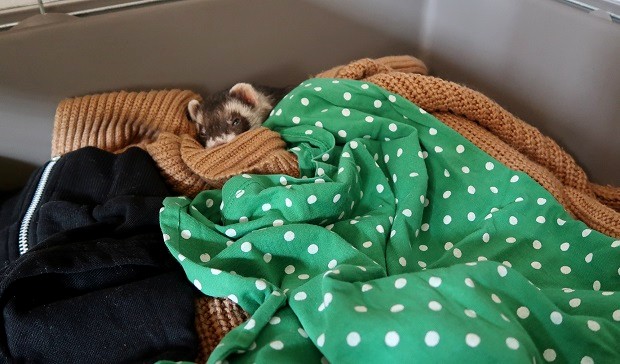
Tiredness
Another pretty similar symptom to those above is tiredness. This one doesn’t have to be connected to your ferret sleeping all the time, but it can. When I say that a ferret is tired, I mean that he doesn’t want to walk around. He makes a few steps then lies down. After a while, the scene repeats. If you have a ferret that has to lay down or sit every few steps, monitor him and make sure his behavior doesn’t include other symptoms like a loss of appetite.
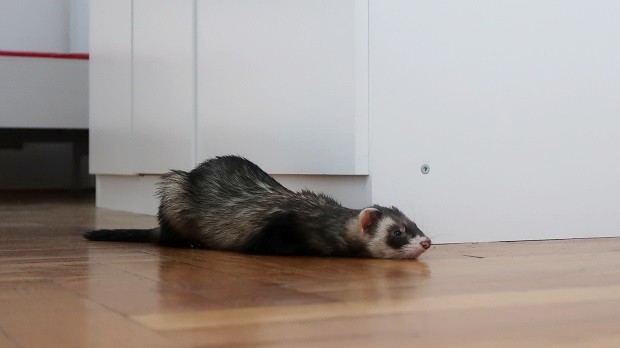
Decreased Appetite
If your ferret doesn’t want to eat, you should worry. The only situation where you shouldn’t be concerned about his health if he refuses to eat is changing his diet. Ferrets are picky eaters and most of them eat only one or two types of food. If you want to change his diet to some other brand, you have to do it gradually or your ferret will refuse the new food. So, if you have the same diet and your ferret decides he is not interested in his meal today, keep a close eye on your ferret. That is one of the most common signs of a disease and can be interpreted in numerous different diagnoses so try to catch a symptom or two more.

Vomiting
If your ferret vomits only once (it doesn’t repeat during the day and next) then it can be an upset stomach or something harmless. But, if it happens more than once, it can be a sign of a disease. If the decreased appetite comes in a combination with your ferret vomiting, then you can be sure your ferret isn’t healthy. Those two in combination can be a sign of a blockage, heatstroke, a common cold, or the flu, to something much more serious like lymphoma or adrenal disease. That is why it is very important to go to the vet and explain the entire situation there.
Different Poop Color/Structure/Lack Of
Ferrets have a high metabolism and their poop can tell a lot about their state, health, and diet. A normal ferret poop should be brown and smooth in structure. If your ferret doesn’t feel good and his poop turns yellow/orange/red/black even green, your ferret isn’t healthy. If you don’t see poop in the litter box, that is another reason to worry. The absence of poop is a big sign of a foreign body that causes blockage and that is a condition that requires a veterinarian. Actually, every “weird” colored and structured poop requires the vet’s attention. If a strange poop occurs only once, then you don’t have to react but I would strongly recommend keeping your ferret under supervision if some other symptom happens.
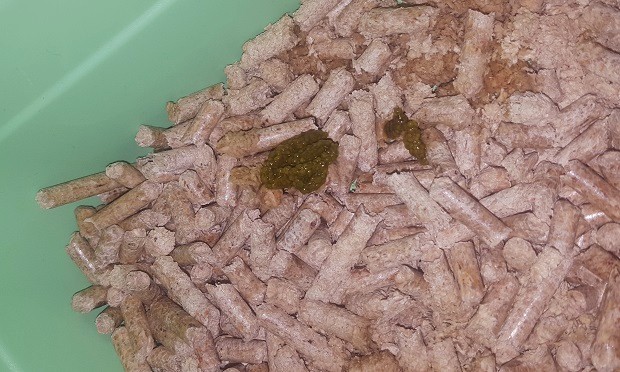
Trouble Breathing
It doesn’t matter whether it is your, your friend, your dog, or your ferret, if you notice trouble breathing, you will react. Trouble breathing can be connected with the flu, something stuck in the throat, a seizure, anemia, heart problem, and many other diseases. There isn’t a situation you can see a ferret with breathing difficulties and you can think “Oh, I will wait, it might be a one-time thing.”. This is a situation where you have to go to the vet because your ferret doesn’t breathe properly. That can be from a simple shallow breath to a more severe lack of oxygen so don’t waste time and go to the vet.
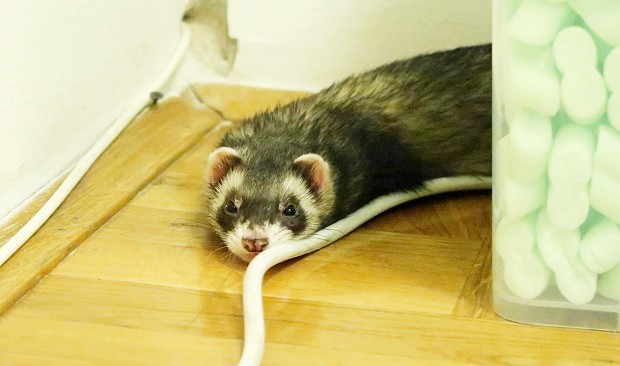
Drooling
Drooling is another symptom that can be connected to various diseases and states. That is one of the most common signs of heatstroke, alongside lethargy and panting. Also, it is a sign of a seizure, canine distemper, poisoning, ECE, lymphoma, insulinoma, gastric ulcer, etc. It is a very common symptom so it is hard to determine the disease only from it, you have to combine it with other signs. Drool can be clear or it can be foamy, both are a reason to monitor your ferret. If it is connected to a bad state of your ferret (like a seizure or severe lethargy) visit the vet immediately.
Teeth Grinding
Teeth grinding is a common sign that a ferret is in pain. Most of the time it is connected with a stomach ache, ulcers, a dental problem, or even insulinoma. If it happens often, monitor your ferret and check for other signs. Teeth grinding can result in drooling and rubbing the ferret’s paws on the nose and mount. Your ferret can also try to claw his upper jaw which is another sign of the ferret’s discomfort. If your ferret is grinding only during the meal, try to change the ferret diet because it might seem the food doesn’t work well with his stomach.
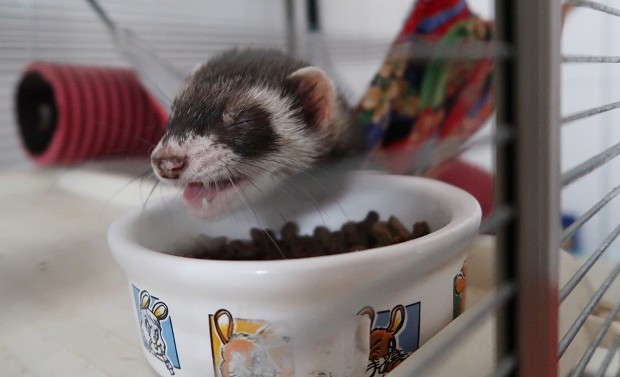
Too Much Itching
Too much itching is mostly a sign of skin irritation. That can happen due to over-bathing a ferret, a flea problem (or any other skin parasite), dust irritation, or something more serious like fungal infection, even adrenal disease. Due to the fact that almost every itching situation requires a vet’s attention, it is a good idea to visit the vet for treatment. While you are waiting for your appointment to start, monitor your ferret so you can describe his behavior in detail. That can help determine the source of the problem.

Hair Loss
Hair loss in a ferret is one of the most common aesthetic signs of a sick ferret. Here we aren’t talking about seasonal molting, we are talking about hair loss you can connect to a certain disease. Hair loss can happen due to the over-scratching connected to fleas. That requires the vet’s attention. If the hair loss is bigger than a small patch from over scratching and if it happens on the bottom of the tail with a tendency to travel over the back up to the head, then it is adrenal disease. That disease requires immediate vet’s attention because it is a serious disease that can eventually kill your ferret.
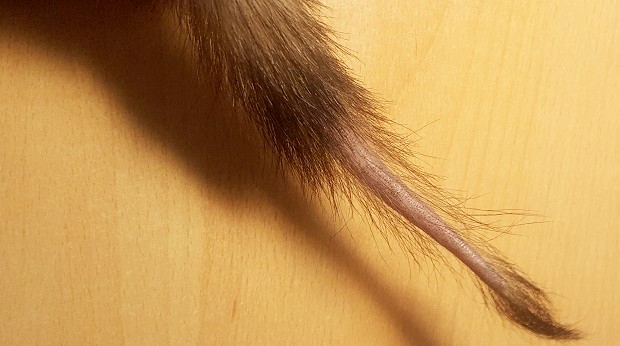
What Requires Vet’s Attention?
If you aren’t sure should you go to the vet or not, the first thing you need to do is to monitor your ferret. If your ferret seems OK, not great, but OK, you can stay and monitor him for a while (a couple of hours) before going to the vet. Every other situation is better to handle with the vet. If your ferret is in a bad shape and you can see he is not healthy, go to the vet immediately. Ferrets can crash pretty quickly so you have to be fast. Don’t panic, stay calm and go. You will make better decisions without panic in your head so make sure you calm down and help your ferret the way you can – by going to an expert.
FAQ
Can Ferrets Get Sick From Humans?
Yes, your ferret can get sick from humans, especially from the human influenza virus. So, if you have a cold or the flu, stay away from your ferret or he might get it from you. This virus can come from you to your ferret, from one ferret to the other, even your ferret can give you the flu.
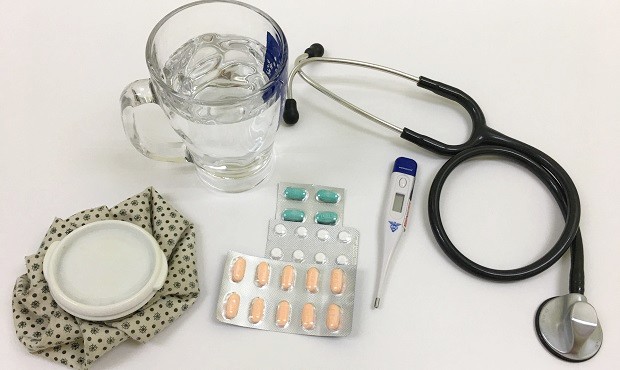
Can Ferrets Make You Sick?
Yes, ferrets can make you sick, especially if you are allergic to ferrets. They can cause skin irritation, respiratory problems by giving you some bacteria, viruses, and parasites. That doesn’t mean you mustn’t touch them, it only means you should wash your hands after handling a ferret. That is common sense connected to every animal, not just ferrets.
Conclusion
Ferrets are animals and just like other pets, can be sick. But, what is important is to recognize those signs of a sick ferret so you can react in time and make your ferret better. Some diseases are visible immediately, while others can’t be seen in the beginning. So, make sure you go to the vet at least once a year for a regular checkup so you can catch those sneaky ones in time. What are other signs you want me to put in this post? Share them with us and subscribe to our newsletter!

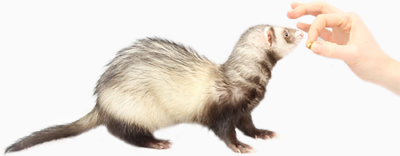
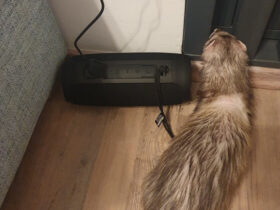

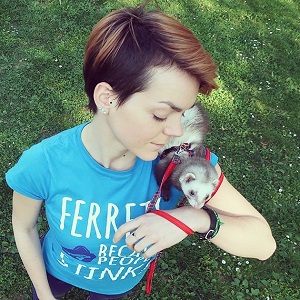














Leave a Reply